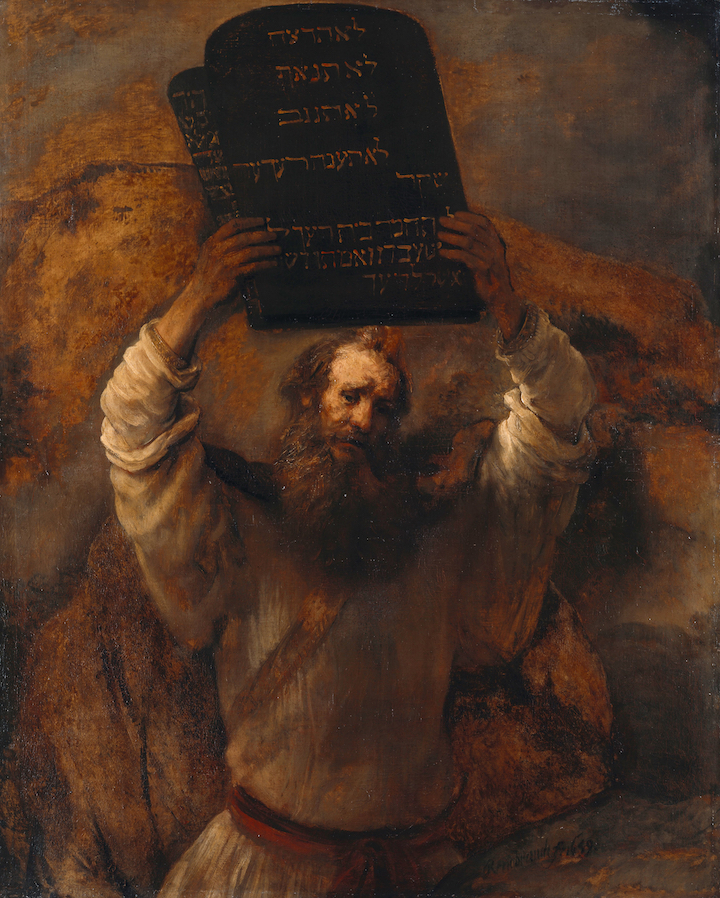William Blackstone, that venerable commentator on the English law, remarked that it was a contradiction in terms to suggest that the law may recognize a principle of revolution. And yet, James Wilson, one of the premier minds among the American Founders, insisted that the law in America could indeed encompass a principle of revolution.
For the law in America began with the recognition that there could be an unjust law – a measure passed with all of the trappings of legality and yet wanting in the very substance of justice. Americans could readily grasp that point because they began with an understanding of moral truths and natural rights quite apart from the laws that were “posited” or enacted in any place. And that body of natural law would supply the standards for judging the rightness or justice of the things enacted as law.
But by the end of the 19th century, the natural law had become an object of derision among lawyers. In our own time, conservatives sharpened the reaction against natural law as they recoiled from liberal judges, moving outside the text of the Constitution, inventing new rights to contraception and abortion. They were false constructions of natural right, but they had to be met by showing what was false in the reasoning.
The conservatives, however, were losing their confidence in moral reasoning, and so their ingenious strategy was to avoid any hint of moral reasoning altogether.
When Robert Bork was nominated to the Supreme Court in 1987, he had shaped a remarkable record as a professor and a wise jurist, but with a deep dubiety about the natural law. At the infamous hearings over his confirmation, the Chairman of the Senate Committee on the Judiciary, was the redoubtable Joseph Biden. Faced with a legal “positivist,” Biden thought he would embarrass Bork by staking out a strong position in natural law:
As a child of God, I believe my rights are not derived from the Constitution. My rights are not derived from any government. My rights are not derived from any majority. My rights are because I exist. They were given to me and each of my fellow citizens by our creator and they represent the essence of human dignity.
Biden was striking this posture because Bork would have been a likely vote in overturning Roe v. Wade. That right to abortion was being treated now by the Left as a species of “natural right.” And yet, James Wilson had raised the question: If we have natural rights as human beings, when do they begin? The answer: as soon as we begin to be. Which was why, as Wilson said, the common law cast its protection over human beings “when the infant is first able to stir in the womb.”

Despite his Catholic background Joe Biden was, and remains today, a firm defender of a right to abortion. And yet, if I have those rights, “as a child of God . . . because I exist,” the child in the womb must the bearer of those rights. How could a pregnant woman have a right then to sweep away the natural rights of the child by the simple expedient of removing, in a stroke, the bearer of those rights?
Biden’s position might have been salvaged, I guess, if he just didn’t consider the child in the womb a human being on the same plane as any other human. But if our rights do not depend on the votes of majorities, could it be that our very standing as human beings could be left in the hands of majorities, in legislatures or courts? Or worse: that the decision could be left to the woman and man who have already found an interest in killing the child?
But four years later Biden found himself delivered from his problem. He now had before his Committee, for hearings, Clarence Thomas, who was charged with the offense of taking natural law seriously at times. That new threat to Roe v. Wade marked a change of 180 degrees.
In an op-ed in the Washington Post, Biden warned that if we had judges again who took natural law seriously, we would have a throwback to those reactionary judges who resisted the New Deal in the 1930s, with its regulation of business. We would go back, he said, to the kinds of teachings offered by this Professor Arkes in this preposterous book, First Things.
The years would roll on and Joe Biden would settle in with the clichés offered by the Cuomos and Pelosis: He would not impose, through the laws, the “personal” “beliefs” he had absorbed through his religion. But the Church, on abortion, has never appealed to “beliefs.” The teaching has drawn on the facts of embryology, woven with principled reasoning.
Since they were moral teachings, made communal, they had never been merely “personal.” We’ve come to see the deep reluctance of bishops to challenge the leading Catholic politicians who have offered this oh-so-familiar evasion, for they don’t want those politicians charged with the offense of taking orders from their Church.
And yet, one wonders why something as simple as this may not be said: The Church would not tell the Bidens and Cuomos what to say as they make their careers in politics, but they surely would have no moral right to mislead a wide audience of Catholics about the teachings of their own Church.
*Image: Moses Breaking the Tablets of the Law by Rembrandt van Rijn, 1659 [Gemäldegalerie, Berlin]














